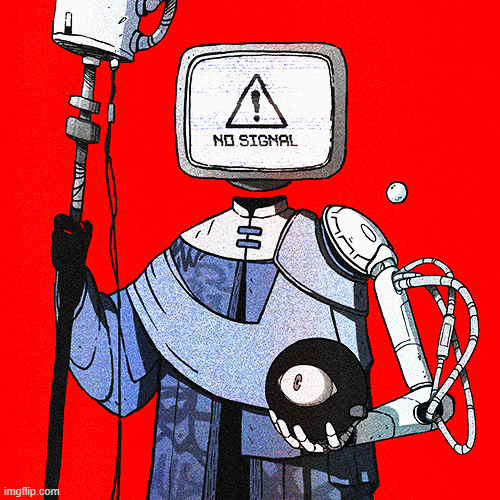CAUSES OF THE WAR
Artificial resuscitation of disagreements, inciting hatred towards each other, threats, provocations, and demonstrations of force — the first stage of involving the society into the eternal “conveyor of death”, which throughout the history of mankind does not go anywhere but only changes its scale. The Cold War, which has no time frame, sooner or later only passes into a hot stage.
The vast majority of the inhabitants of any country always opposes war and prefer peaceful resolution of any disputes; however, the final word is unfortunately extremely rarely in the hands of the majority.
It is financial capital and its largest owners who know how to benefit from anything, including a huge amount of human losses, who make the “sharp” choice for everyone. For most people military conflicts are a tragedy; for the rich minority, they are a natural investment in their prosperous and long future. It has always been that way.
Modern local conflicts are nothing more than a seizure of sales markets, large backbone companies and human capital with the aim of forcibly distributing spheres of influence among the largest financial capitals in the world.
What unites military conflicts in Afghanistan, Iraq, Libya, Syria and others?
All these civil wars became more massive with military support, including financial support from different countries, such as the USA, Great Britain, the USSR, and Russia. In almost all local confrontations, world powers pursued their economic and geopolitical goals. Ukraine is no exception.
During the military conflict in Ukraine, Western capital solves several critically important tasks for itself, which will allow it to maintain and increase its influence on other financial capitals during the global economic crisis:
1. Successful demonstration of weapons and modern warfare technologies.
The military-industrial Western lobby will now definitely receive a huge number of orders for the production of military equipment and its maintenance. The huge influx of funds will significantly accelerate the modernization of weapons, on the advantages of which depends the geopolitical influence of Western capital.
2. The unity of NATO, in which Western capital plays a key role.
Today, when Europe has Russia as the common enemy, the importance of the military commonwealth is extremely high. The deployment of additional military bases in Europe is not only an opportunity to waste budgetary funds, but also to increase its influence on the political course of all European states.
3. Freeing the European sales market from cheap Russian hydrocarbons.
The export of Western hydrocarbon raw materials to Europe will allow Western capital to accelerate the development of their “green technologies” and will allow the modernization of their own hazardous industries (China and the United States have the highest carbon footprint).
4. Reducing China’s high-tech influence on the West.
It is likely that the Chinese economy, after losing a significant share of the European and Western high-tech market, will cease to grow at the same pace and feel comfortable. Sanctions against large Chinese techno-industrial groups will significantly accelerate the development of similar high-tech industries in the West and increase their international influence.
5. The isolation of Russia and the fall of its sovereignty.
Yes, Russia has lost an enormous amount of its physical, financial, and intellectual resources as a result of revolutions and wars, but it still remains a threat to Western capital. In a state of isolation, the internal corruption that has replaced socialist ideology will hold back the country’s high-tech industries much more strongly, which will greatly increase the influence of its neighbors. Or not?
